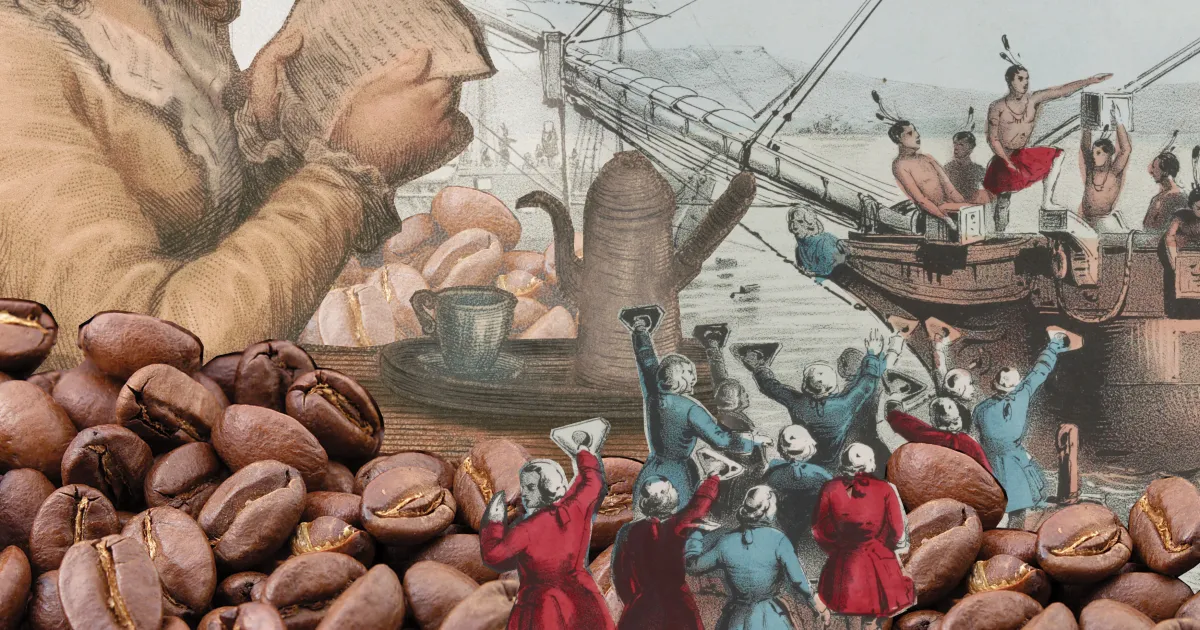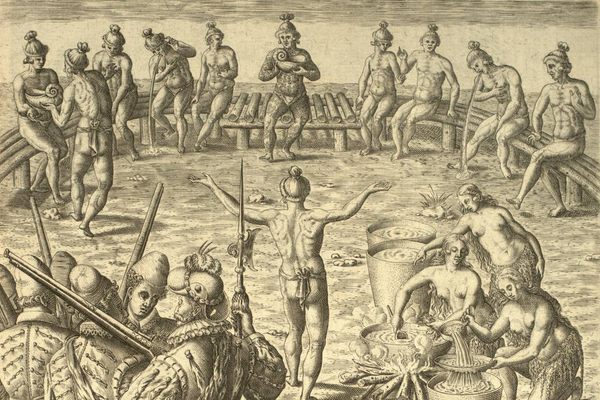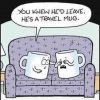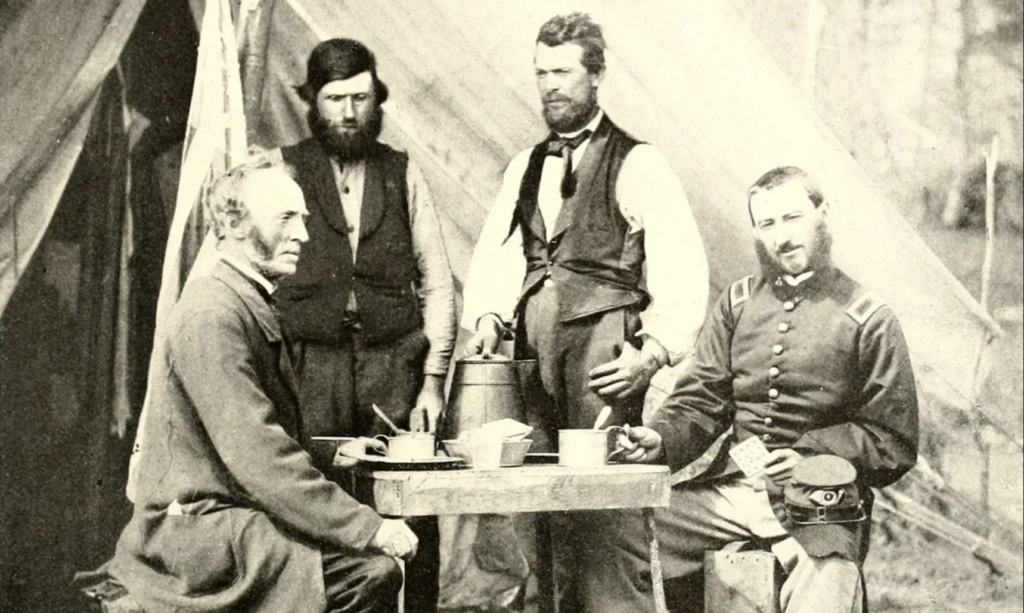5fish
Well-Known Member
- Joined
- Jul 28, 2019
- Messages
- 14,789
- Reaction score
- 5,466
You know coffee fueled our nation's revolution back in the 1770s... Coffee houses were places where people could meet and debate the issue of the day between the classes... Drinking coffee showed all you were a patriot...

 www.battlefields.org
www.battlefields.org
An early reading of the Declaration of Independence occurred on the steps of the City Tavern, also known as the Merchant Coffee House, in Philadelphia, Pennsylvania. The tavern was built in 1773 on South Second Street and was visited by George Washington, Thomas Jefferson, and Paul Revere, among others. The First Continental Congress held meetings there. The building was reconstructed in 1976, and today houses a restaurant.
Most homes were not equipped with the tools to brew coffee, so coffeehouses rapidly became popular places for people of all socio-economic statuses. Additionally, as coffee replaced beer as the chosen drink, more political conversations occurred. The Boston coffeehouse and tavern the Green Dragon, built in 1701, was known as the "Headquarters of the Revolution" because of the meetings that occurred in the basement. Members of the St. Andrew's Lodge of Freemasons, which included Paul Revere, bought the tavern in 1764, and the Sons of Liberty began meeting there. Some even suggest that parts of the Boston Tea Party were planned there.
Coffee fueled Revulotion around the world... before ours... Coffee Houses...
 www.history.com
www.history.com
Sultan Murad IV decreed death to coffee drinkers in the Ottoman Empire. King Charles II dispatched spies to infiltrate London’s coffeehouses, which he saw as the original source of “false news.” During the Enlightenment, Voltaire, Rousseau and Isaac Newton could all be found talking philosophy over coffee. The cafés of Paris sheltered revolutionaries plotting the storming of the Bastille and later, served as the place authors like Simone de Beauvoir and Jean-Paul Sartre plotted their latest books.
History is steeped in ideas sparked over cups of coffee. Here's a rundown of the revolutionary power of the commonplace café. (Read the link)

Sip Sip Hurrah! How Coffee Shaped Revolutionary America
Did you know that the first mention of coffee in America was by Jamestown's most famous settler? Captain John Smith knew about coffee from his travels in...
An early reading of the Declaration of Independence occurred on the steps of the City Tavern, also known as the Merchant Coffee House, in Philadelphia, Pennsylvania. The tavern was built in 1773 on South Second Street and was visited by George Washington, Thomas Jefferson, and Paul Revere, among others. The First Continental Congress held meetings there. The building was reconstructed in 1976, and today houses a restaurant.
Most homes were not equipped with the tools to brew coffee, so coffeehouses rapidly became popular places for people of all socio-economic statuses. Additionally, as coffee replaced beer as the chosen drink, more political conversations occurred. The Boston coffeehouse and tavern the Green Dragon, built in 1701, was known as the "Headquarters of the Revolution" because of the meetings that occurred in the basement. Members of the St. Andrew's Lodge of Freemasons, which included Paul Revere, bought the tavern in 1764, and the Sons of Liberty began meeting there. Some even suggest that parts of the Boston Tea Party were planned there.
Coffee fueled Revulotion around the world... before ours... Coffee Houses...
The HISTORY Channel Nederland | HISTORY TV Nederland
Kom meer te weten over de tv-series van HISTORY. Hier kan je nog veel meer over jouw favoriete onderwerpen lezen en bekijken. HISTORY is alive.
Sultan Murad IV decreed death to coffee drinkers in the Ottoman Empire. King Charles II dispatched spies to infiltrate London’s coffeehouses, which he saw as the original source of “false news.” During the Enlightenment, Voltaire, Rousseau and Isaac Newton could all be found talking philosophy over coffee. The cafés of Paris sheltered revolutionaries plotting the storming of the Bastille and later, served as the place authors like Simone de Beauvoir and Jean-Paul Sartre plotted their latest books.
History is steeped in ideas sparked over cups of coffee. Here's a rundown of the revolutionary power of the commonplace café. (Read the link)














/https%3A%2F%2Ftf-cmsv2-smithsonianmag-media.s3.amazonaws.com%2Ffiler_public%2Fc4%2Fa2%2Fc4a27834-0cf0-4f9b-821b-28314beed28d%2Fjulaug2024_c02_prologue.jpg)
